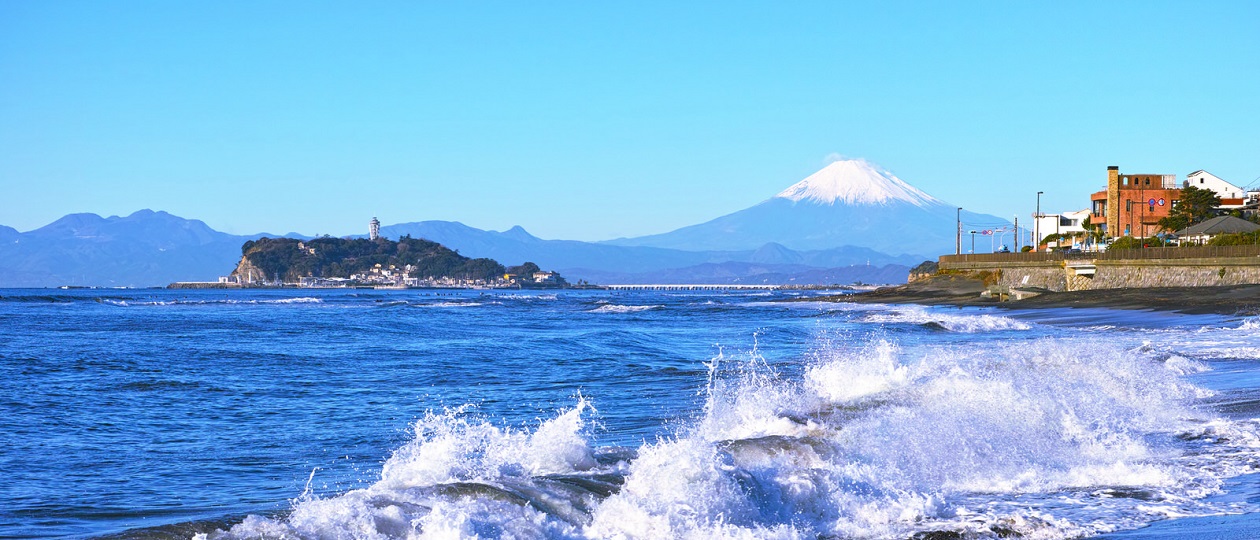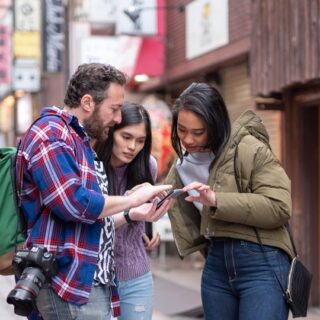
There is a scene near the end of Hirokazu Koreeda’s Shoplifters where the film’s ragtag band of outcasts decamp to the seaside. It is not explained which beach they visit, but it’s fair to speculate it is either Chiba, Izu or Shonan, the most popular areas for Tokyo’s daytrippers.
It is the first-time we see them leave the confines of the city. Indeed, for the two children, it is likely it is the first time they have been to the sea in their lives. Their sense of glee lights up the screen, their constant movement echoing that of the waves. For me, it reflects that shining sense of optimism that children have and serves as the apex of their journey, contrasting with the oncoming decline that befalls the group in the very next scene as they crash back down into reality.
On the other side of the beach is the ageing matriarch of the group. Played with customary subtlety and grace by the late Kiri Kin, Hatsue looks out at the group and whispers one word; “thanks”. Here again, the sea acts as a catalyst for emotion, this time of nostalgia and peace but also gratefulness for the present and the time we are allowed.
I was born in the seaside town of Hastings, England, and spent my childhood on the south coast of an island with a long and complicated relationship with the sea. It is almost certainly that foundation that has led me to always seek out the ocean wherever I have lived.
In Japan, the seaside is my refuge from an urban existence almost entirely devoid of nature. Upon moving to Tokyo, my wife and I’s first trip was to the city of Kamakura, about an hour and a half south of the city and the place where I always envision Hatsue and her adopted family.
It is a town surrounded by forest and home to glorious hawks, whose graceful swooping brings happiness, contemplation and a little danger, as those picnicking on the beach often discover. It is also home to dozens of temples and shrines, each with their own history and significance.
Kamakura was in fact named as the military centre of Japan by Minamoto Yoritomo in the 12th Century and remained important for two centuries until the Muromachi period. It is doubtful whether every visitor is aware of its significance, however, with younger inhabitants of Tokyo and Yokohama seeing it more as a place to unwind and have fun with friends during those muggy summer months when school is out and the sea calls ever louder.
I have visited countless times in my 6 years in Japan and never tire of going back. It is an elusive place, full of the present, future and past, opportunites taken and lost. And, as I look out upon the sea, I think of Koreeada’s family’s last moments together, of the children’s hope and careless laughter, and of Hatsue’s tranquility and acceptance and I’m reminded that wherever I am, part of me is always by the sea.





